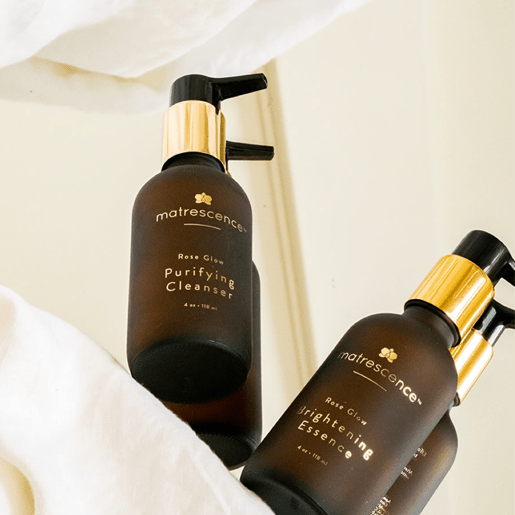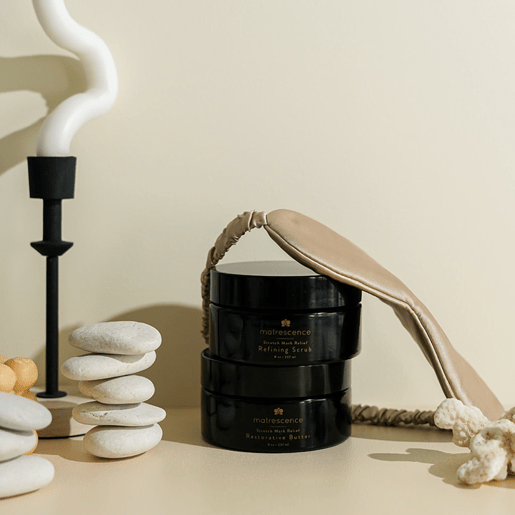Anyone who’s breastfed a baby before will tell you about the surge of hunger and thirst that often accompanies a latch. It makes sense: Both your hydration and nutritional needs increase while breastfeeding. And while you simply need more (water and food), what you eat matters—and choosing the right foods can help you feel your best in the sometimes fragile, often messy, always busy postpartum period.
So how can you make sure you’re filling up on the right stuff while also being responsible for feeding a tiny human? Here, registered dietitians and experts who specialize in the postpartum period share the advice they give lactating mamas when it comes to meeting their new food needs (without stressing about it!).

First Things First: You Need More Calories While Breastfeeding
“Research suggests that women need approximately 500 extra calories each day while exclusively breastfeeding. This is actually an estimate based on a range of breastmilk output,” says Angela Wallace, R.D., a registered dietitian and founder of Eat Right Feel Right. “An individual expends approximately 67 calories per 100 milliliters of breastmilk produced.”
You need the extra calories because your body is burning extra calories simply by producing milk and feeding your baby, she says. “Your body will need those extra calories to maintain energy and bodily functions like thinking, movement, and nerve signaling.”
What You Eat Matters
While breastfeeding, listening to your hunger cues and seeking out nutrient-dense snacks is always a good idea. The most important thing is that you’re eating enough.”Generally, it is important to eat enough calories, especially in the first few months postpartum to have an established milk supply,” says Jennifer Jolorte, a New York-based clinical nutritionist and postpartum chef.
If you want to get picky about what you’re choosing? “Nutrient-dense foods that pack a punch when it comes to vitamins and minerals is key,” says Lauren Manaker, R.D.N., nutrition advisor for Natalist. (If you can eat the food with one hand, even better!)
After all, when breastfeeding, you do have increased needs for vitamins, minerals, and nutrients such as vitamin C, E, A, D, B12, protein, zinc, choline, and selenium.
To meet these needs, some great foods to include in your diet regularly are nuts and seeds, fruits and vegetables, eggs, full-fat yogurt, seafood, and olive oil, says Wallace. “To maintain energy it is also important to include healthy carbohydrates like oat, sweet potato, squashes, and quinoa.”
Your protein needs also increase postpartum, she says. “Protein supports tissue repair from labor and delivery but also milk production.” Good sources include legumes and beans, tofu, chicken, seafood, beef, and eggs.
As for how to make a plan for eating right while breastfeeding? Here’s what the experts have to say:
Ask for help
Planning out what you eat (and making sure you eat healthily) isn’t always (or ever) easy with a newborn. “Now is the time when self-care is essential but is also so hard to do,” says Manaker. “Ask for help when you need it. Taking care of your nutritional needs will fuel both yourself and your baby.” Have someone who can help you prep meals, like a partner or family member? Take advantage of that help, suggests Wallace.
Give healthier pre-packaged foods a second shot
They’re not all bad! In fact, leaning on some healthier packaged and/or frozen foods can be lifesavers during this time, says Manaker. “Don't assume that all pre-packaged foods are bad for you—some can be excellent options.” A good quality energy bar, trail mix, and bagged salads all fit the bill.
Stay hydrated
Did you know breastmilk is about 87 percent water? In general, while breastfeeding, you’ll likely need an extra two cups or so of water a day, says Wallace. But fluid needs can vary, so instead of focusing how much you’re drinking, just make sure you’re never thirsty, suggests Manaker. “Staying hydrated is very important for postpartum healing and overall health.”
Have some go-to staples on hand
Hard-boiled eggs are a great grab-and-go food if you like ‘em—they’re a high-quality protein source and packed with important nutrients such as choline and iodine. Nut butter is easy to add to fruits and veggies such as apples and carrot sticks and are loaded with important vitamins, minerals, protein, and healthy fats, too. Oatmeal has also been thought to support milk production, although data is limited, Manaker notes. “Sweet potatoes are one of my favorite breastfeeding foods,” she adds. “They are a great side dish at dinnertime and can be used as a snack or even a breakfast base. Vitamin A needs are increased during lactation, and the beta carotene found in sweet potatoes gets converted to this important vitamin in the body.” Sweet potatoes not your thing? Choose other produce that is naturally orange or yellow.
Keep up with your prenatal vitamin
“I always recommend a prenatal or postpartum tailored multivitamin for at least six months postpartum and up to 18 months postpartum depending on the individual and their breastfeeding journey,” says Wallace. This can help fill any gaps with nutritional needs.
the guide

From PCOS to perimenopause, hormonal shifts happen at every life stage. Learn why hormone-safe skincare is a must—even if you’re not expecting.

Whether you’re pregnant, postpartum, or perimenopausal, choosing the right ingredients makes all the difference. In this guide, we explain why endocrine disruptors matter, spotlight clean actives a...

A deep-dive of our Brightening Essence. A dual-action toner and serum that gently exfoliates and hydrates to reveal a vibrant, more even complexion. Formulated for hormonally shifting skin, it help...








Leave a comment
All comments are moderated before being published.
This site is protected by hCaptcha and the hCaptcha Privacy Policy and Terms of Service apply.